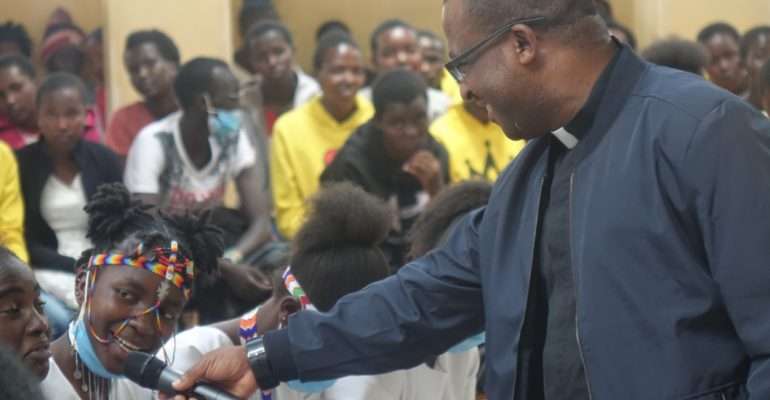Maralal is in the war-torn Samburu county in north-central Kenya
Maralal, the nerve centre of the physically charming Samburu County of Kenya, is about 340 kilometers north of Nairobi. The communities in the arid Samburu are semi-nomadic pastoralists keeping camels, cows, goats, and sheep. The Samburu National Reserve, and some of Kenya’s best game lodges are found here where the elephant, Lion, Giraffe, and many big game thrive.
The Samburu people mainly inhabit the county alongside a few Turkana and Maasai. Neighbouring communities include the Turkana and the Pokot with whom the Samburu engage in regular conflict as they raid each other for cattle.
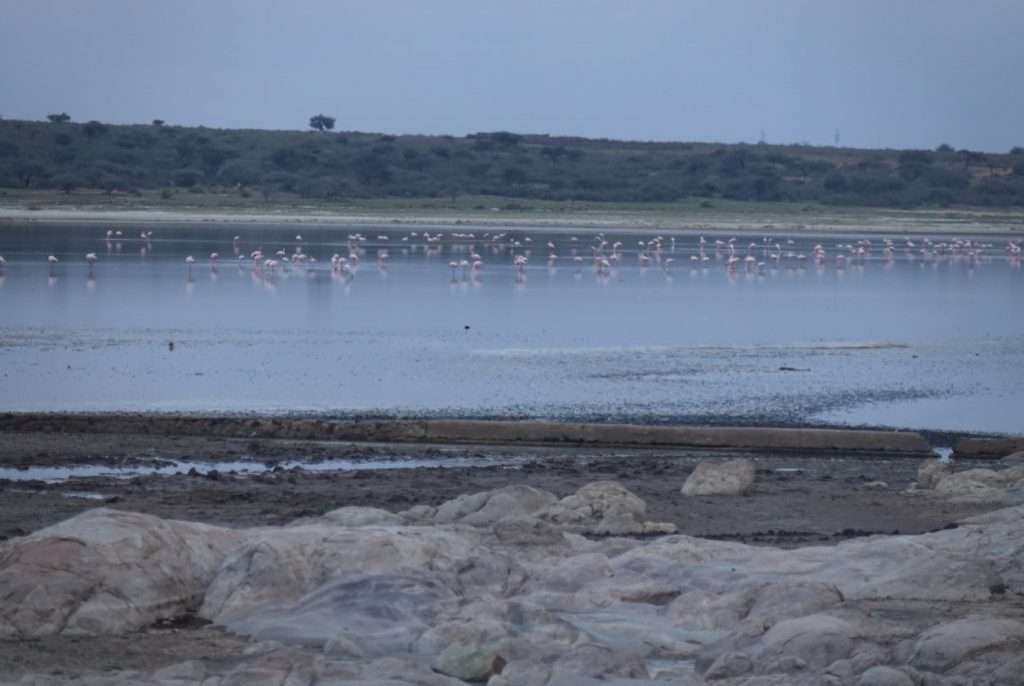
The Suguta Valley, labelled “the valley of death”, lies within Samburu. Kenya borders Somalia, South Sudan and Ethiopia and, with Samburu within proximity of these borders, it is predisposed to the proliferation of illicit small arms and light weapons owing to porous borders and far flung areas that cannot be policed properly. Samburu is also largely underdeveloped, and these challenges provide a dicey environment that affects the development of young people who happen to be in the process of searching for own identity.
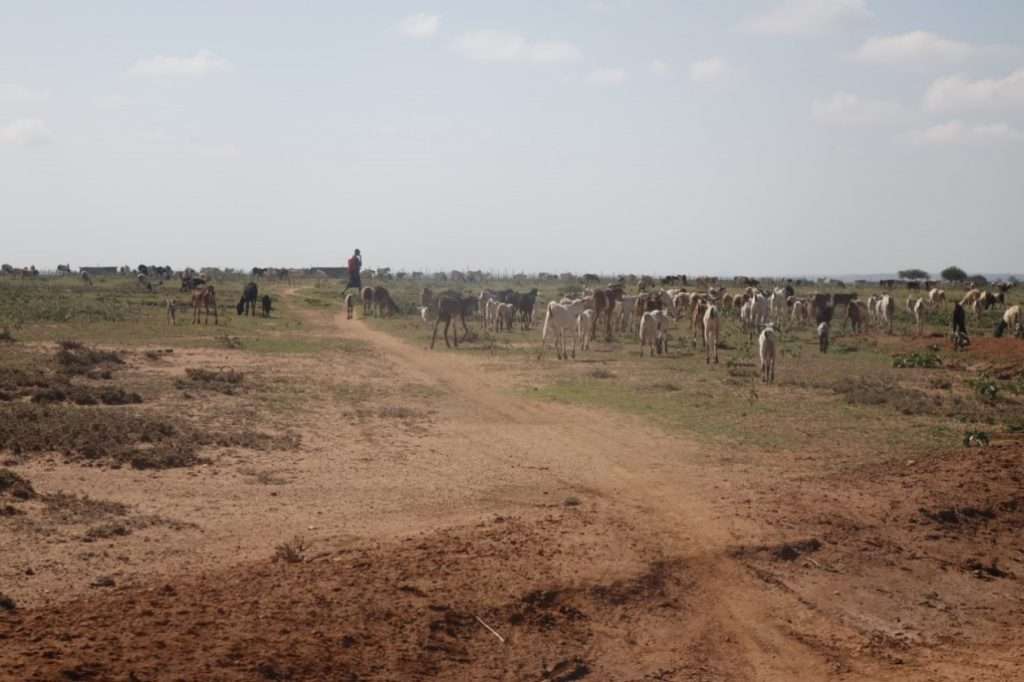
On 8th October 2021, the AJAN secretariat Team of Fr. Ismael Matambura, Pascalia Sergon and Caleb Mwamisi travelled to Maralal on a mission to introduce the AHAPPY programme to the youth of the Catholic Diocese of Maralal. The visit was to capitalize on a youth deanery retreat which brought together seven parishes namely, Maralal, Suguta, Lodokejek, Pooro, Morijo, Milimani and Barsaloi.
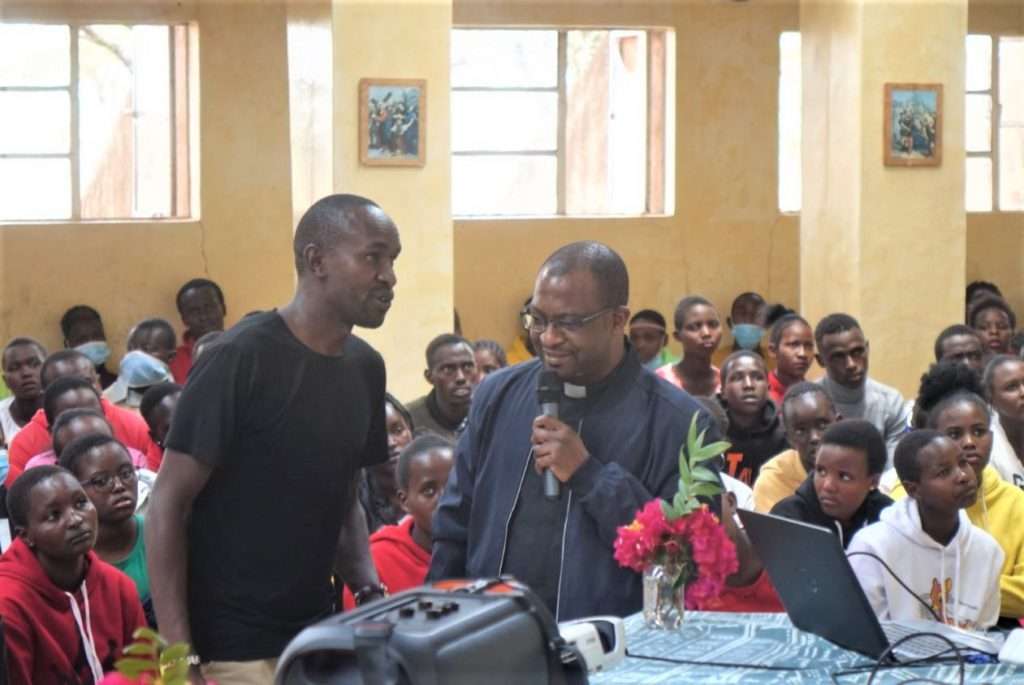
Our host was Fr. Rafael Naukot who was joined by the bishop of the diocese of Maralal Bp. Virgilio Pante of the Consolata fathers, among other priests. The latter has worked in the region for over fifty years, while the former grew up in Samburu. Our journey from Maralal began early as Fr. Rafael drove us through the rugged all weather road towards Lodokejek village.
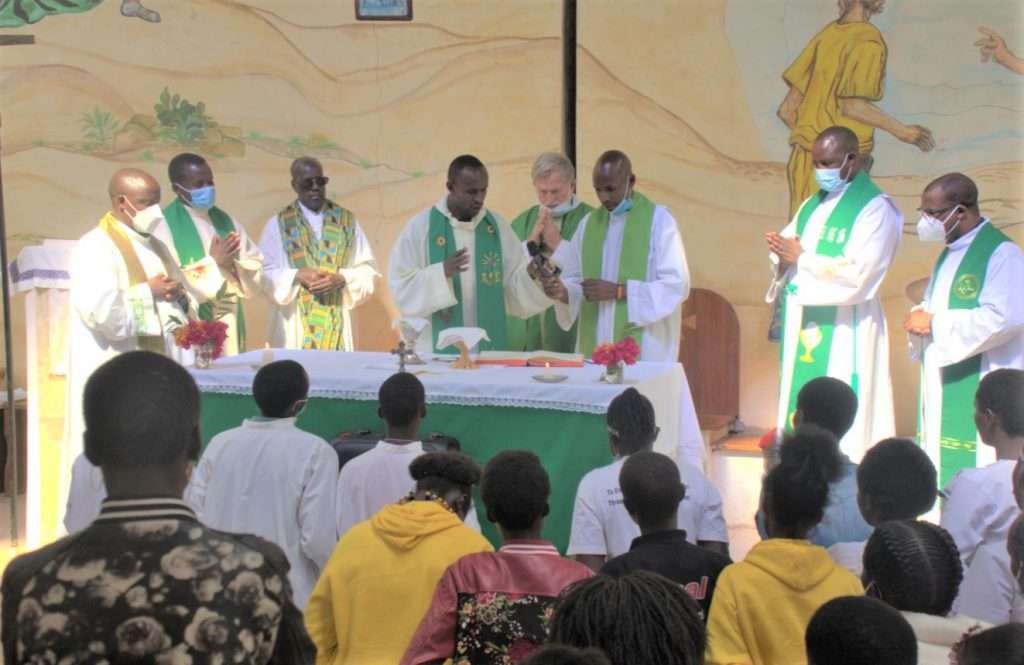
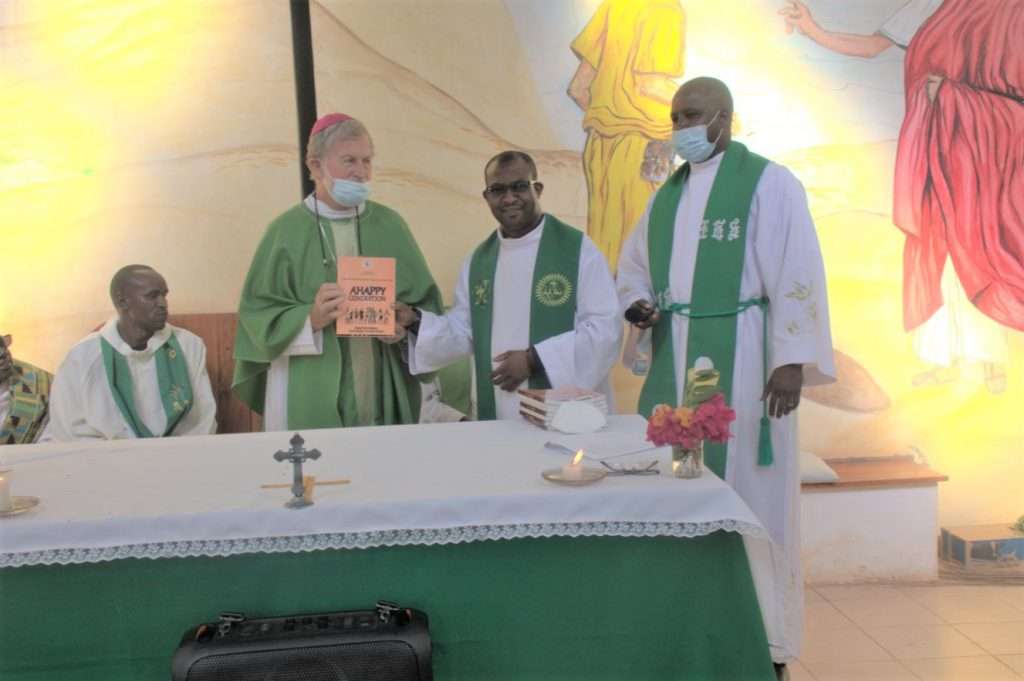
The engagement with the youth -of ages 13-18- happened at the Lodokejek Parish where over 400 youth eagerly gathered ready to learn something new. The number of participants who had been anticipated was over 600, but this was affected by community fights in the surrounding areas.
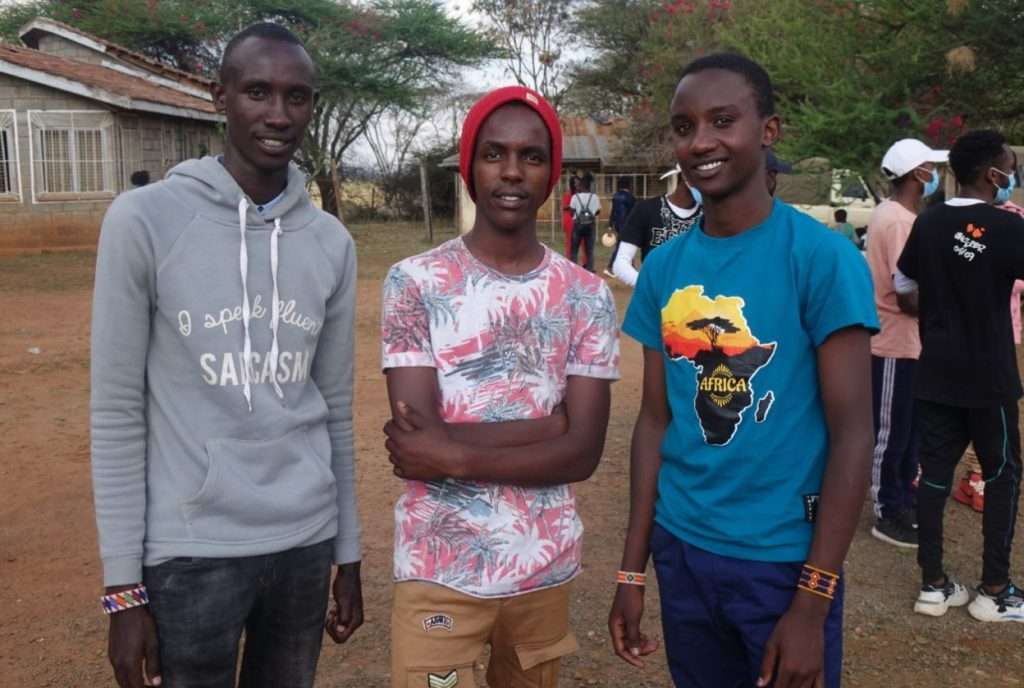
Fr. Matambura got the session underway when he introduced the Society of Jesus, the African Jesuit AIDS Network and AHAPPY to the participants. He explained the work Jesuits undertake in Africa, the history of AJAN, motivation and its work, and the AHAPPY programme which is meant for the integral development of youth. He described its dynamics, philosophy and importance in the character formation of young people. Fr. Matambura made it clear that AHAPPY requires at least five full days of training for effective administration. He also inspired the youth to strive to grow integrally notwithstanding the challenges they face day-to-day and called on them to be the change they will want to see in their society. “My colleagues will take you through part of topics of AHAPPY, but we hope that in the future we will find time to continue to share ideas”, he ended.
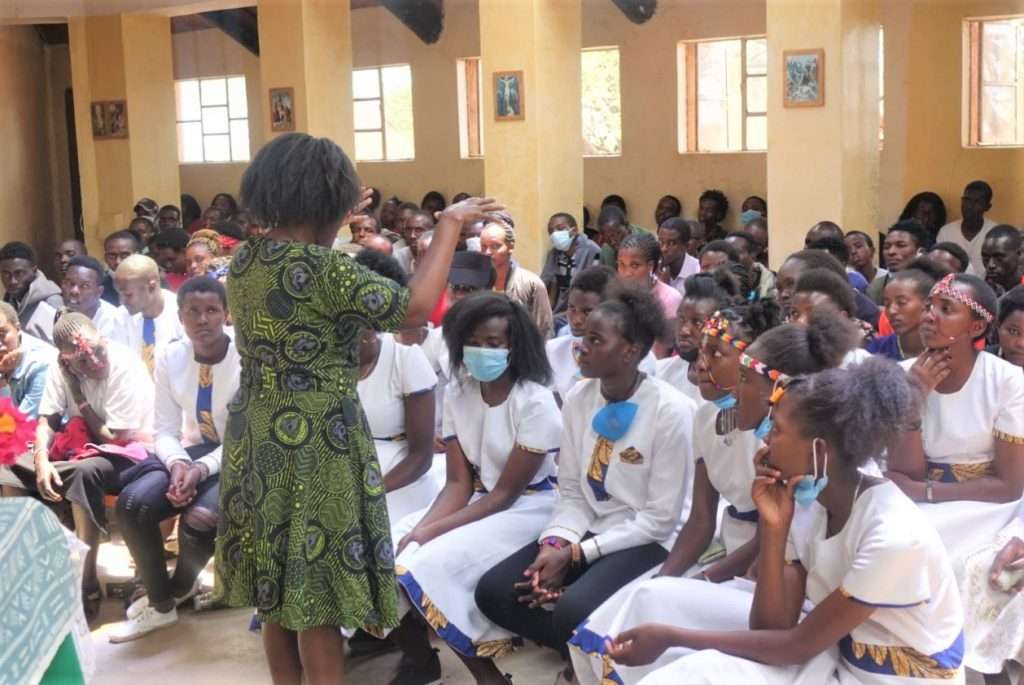
Pascalia took the youth into a deeper engagement about the social challenges they must work to overcome to make their society a better place to live. Among these is peace and personal development. She emphasized that each one has a role to play to make the society better.
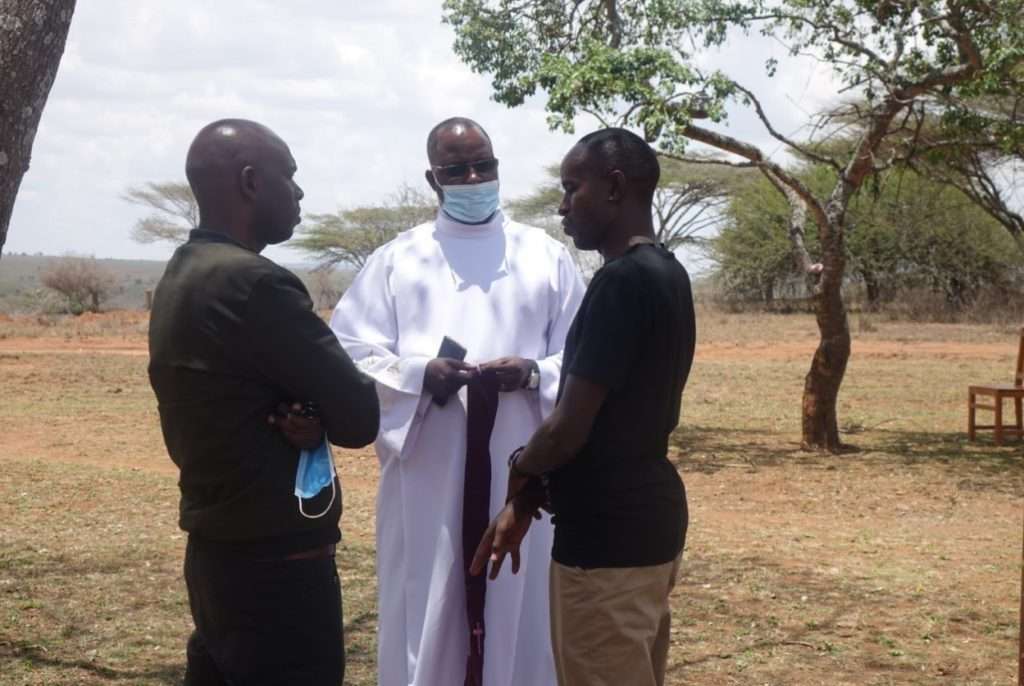
On the other hand, Caleb Mwamisi took the young people through “sexuality, understanding emotional changes and how to get the mind ready for the journey of life”. He explained to the youth why changes they have gone through are only normal and why it is important to understand and appreciate oneself. Issues such as peer pressure were discussed as was the need to make up one’s mind about making cool decisions. Life is all about decisions, and every decision one makes impacts on them, and the community as well.

Fr. Rafael and Bsp. Virgilio hope that the partnership with AJAN will grow and continue, as they also hope that the volatility in the Suguta valley and animosity between the tribes will come to a permanent end. “We have done our best to bring peace to the region as the church by reconciling communities and mentoring youth. Most of our priests serving in the diocese come from Samburu and surroundings, an approach we adopted in order to have them reinforce peace efforts.”, revealed Bsp. Virgilio.
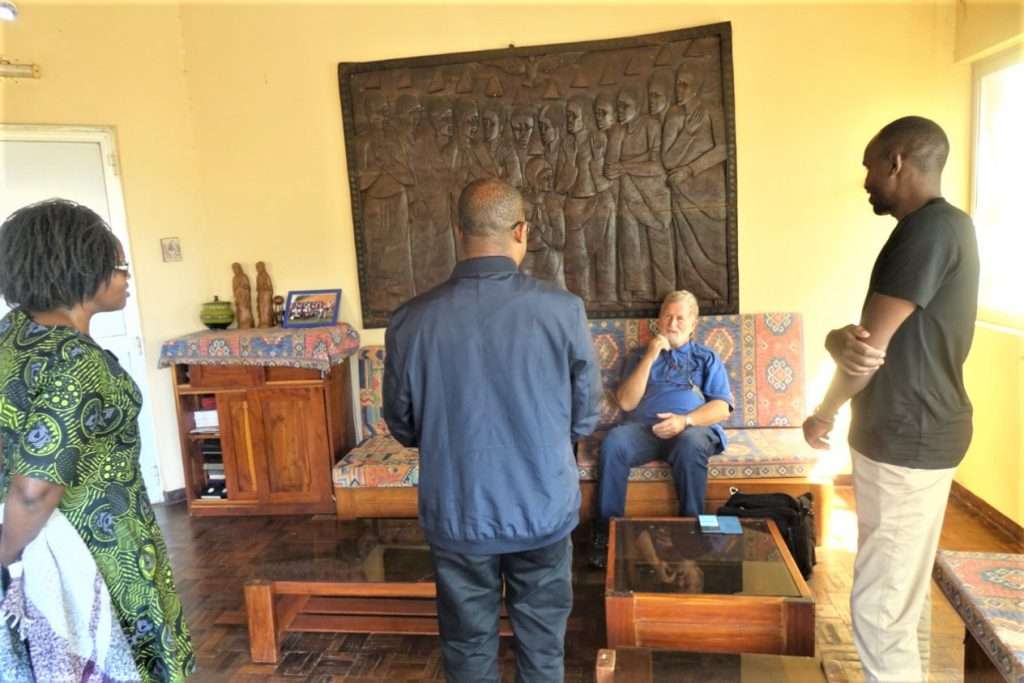
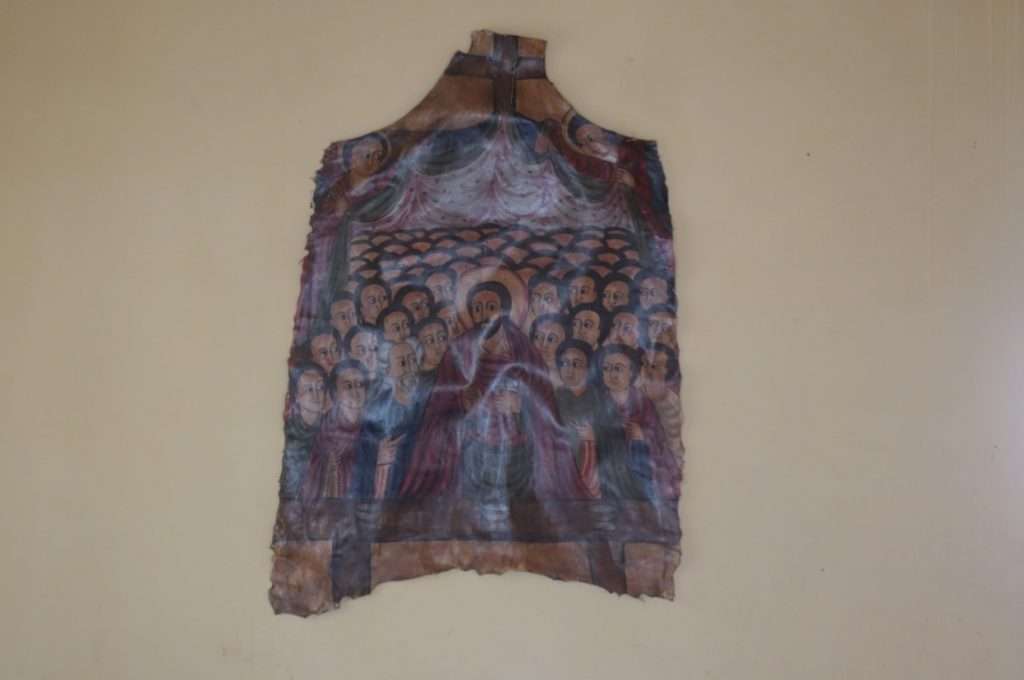
Sylvester Ekai Chomba, a youth leader had this to say “The training was captivating and very interactive. I was able to acquire more knowledge on the youth development and especially HIV prevention measures. I wish you could find more time to come and lead a series of sessions. There is a gap in knowledge on youth development and there is need for greater more awareness in Maralal on related issues”.
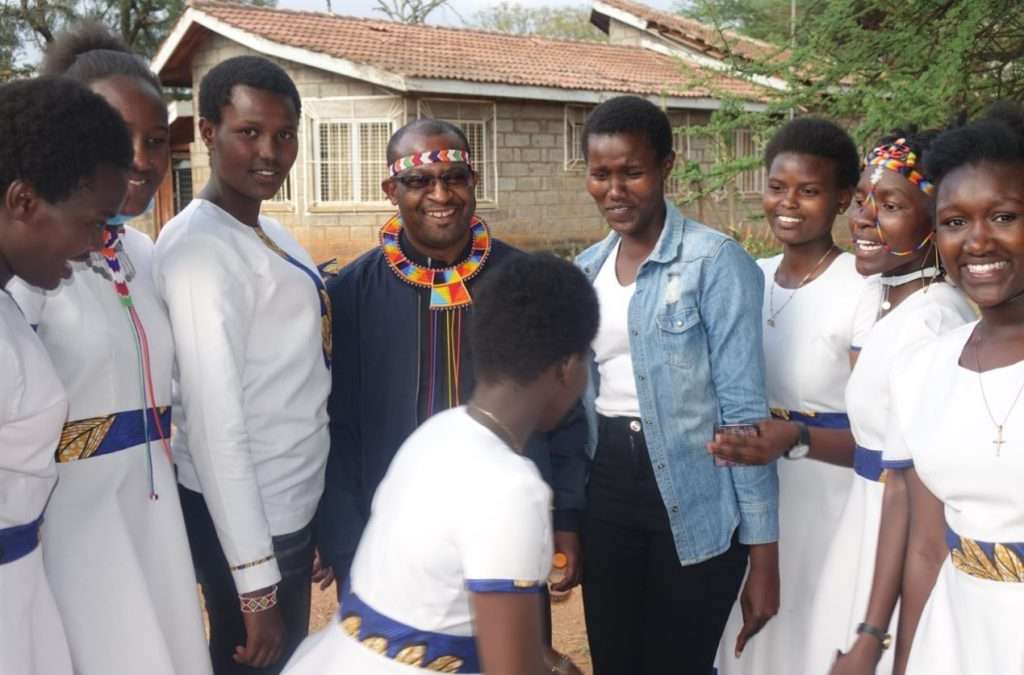
“I appreciate the good work our visitors AJAN did. Our youth have always had a challenge of culture and dictates of the society despite their education advancement, something which affects their decision-making independence. Culture, which is not a negative thing, affects they view life overall but , for instance the traditional rite of passage is a key stage in a Samburu youth’s life. When these rites are inculcated into the modern life of the youth, it will be an opportunity to uplift this society.” Said Fr. Rafael Naukot.
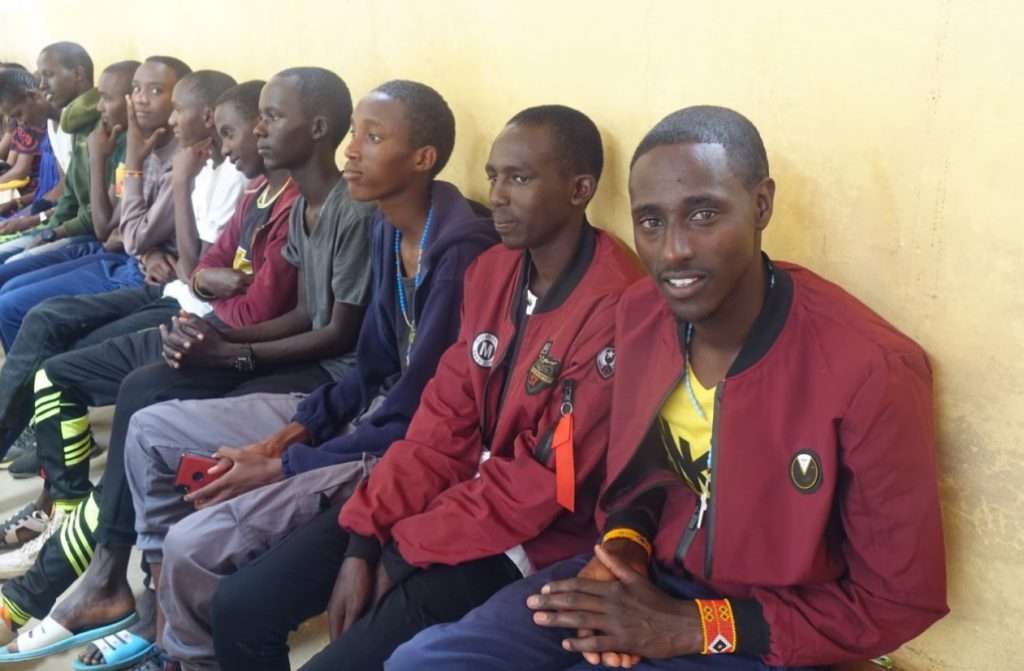
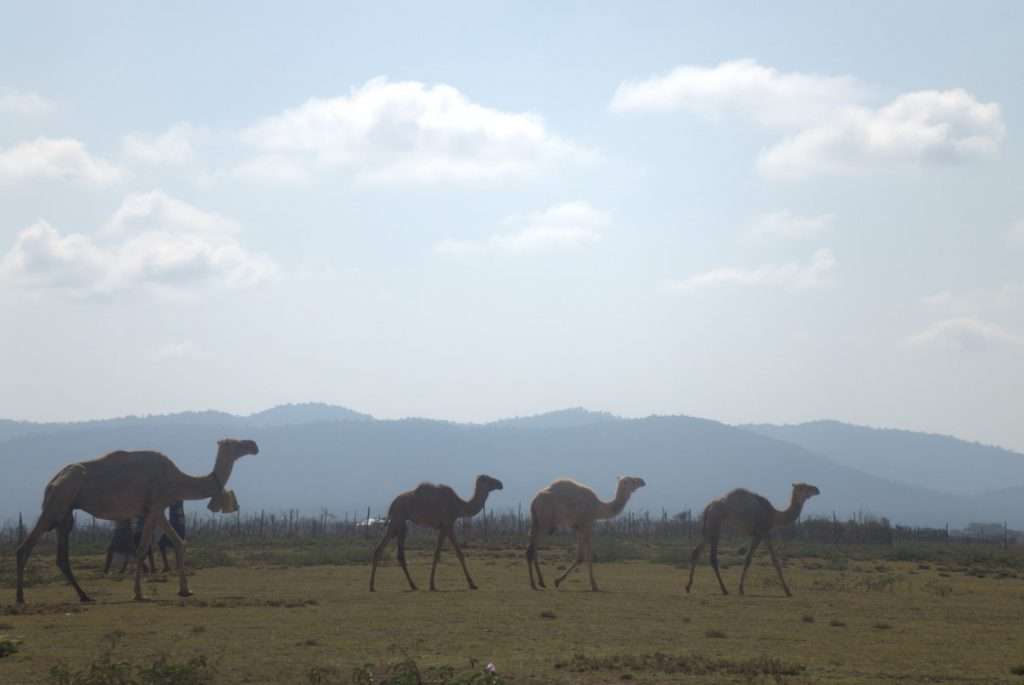
Journeying with the youth, even those in the periphery like Samburu, is something AJAN is determined to do so as to help them see all things new in Christ.

